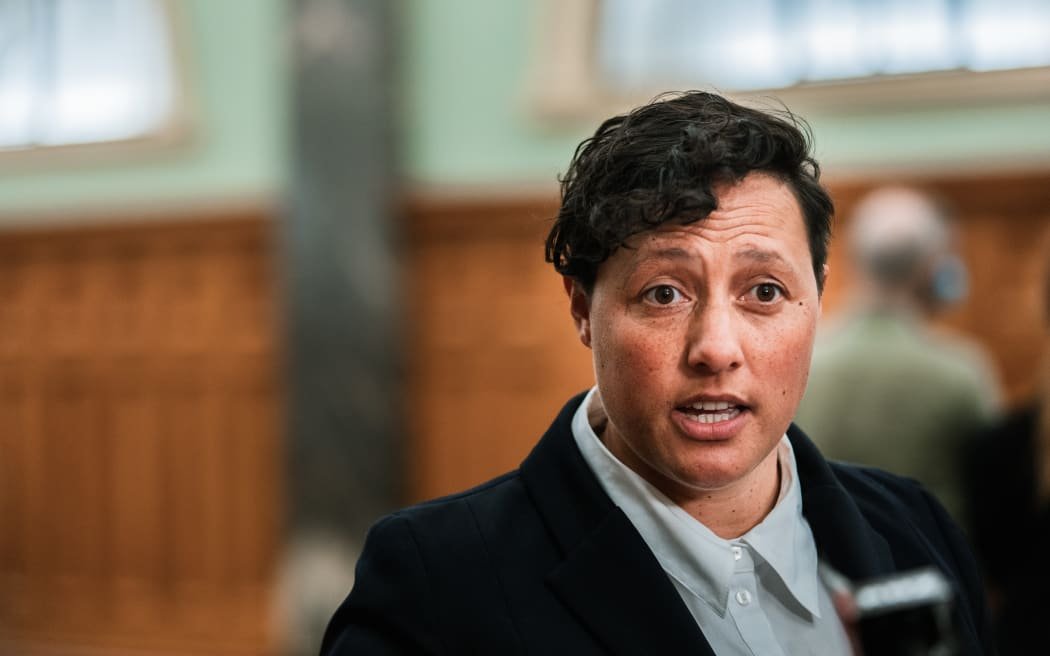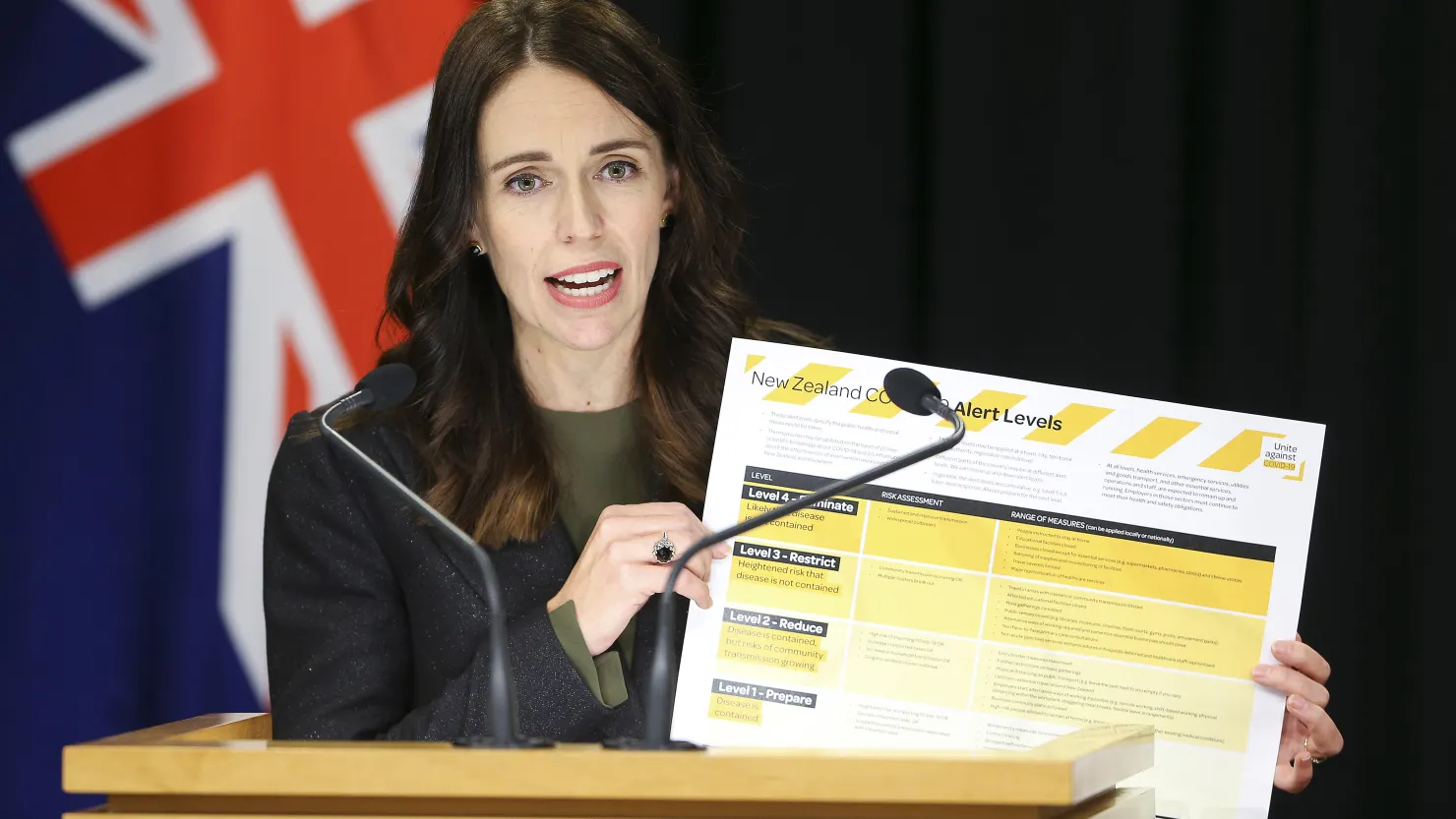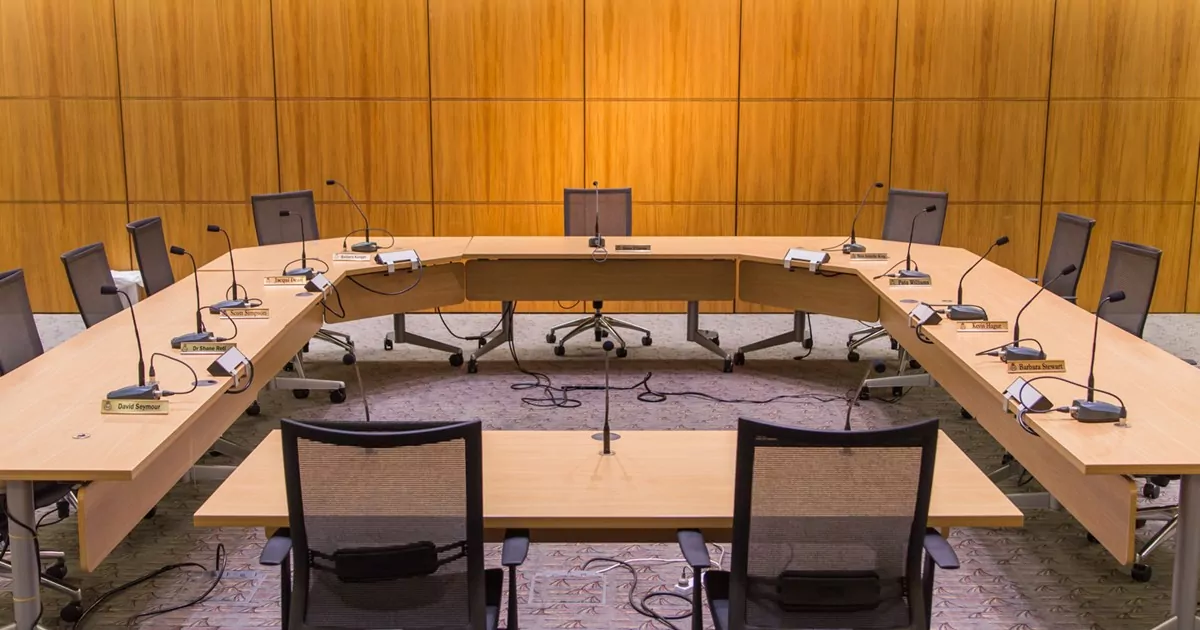Justice Minister Kiri Allan | Photo: RNZ / Samuel Rillstone
Legislation to repeal the ‘Three Strikes’ law has passed its third reading in Parliament today.
The three strikes law was introduced by the Sentencing and Parole Reform Act 2010. In effect, it created a mandatory sentencing regime for certain serious offences (commonly referred to as strike offences).
Justice Minister Kiri Allan said “the Three Strikes Legislation Repeal Bill ends an anomaly in New Zealand’s justice system that dictates what sentence judges must hand down irrespective of relevant factors.”
The three strikes law was a knee-jerk reaction to crime by the former National-ACT coalition government that resulted in disproportionate and excessive sentences, when compared to the seriousness of the offence and the harm caused.”
Allan said “there was no evidence that it worked. It failed to be a deterrent to offenders, it failed the tax-payer, and it failed victims, because it ensured they were in the system for longer.”
“Despite claims from the opposition, this does not mean people who commit serious and repeat offending will stop receiving severe sentences.”
Judges still retain the powers to sentence people to lengthy periods of imprisonment and can impose the same restrictions as provided by the three strikes law in appropriate cases.”
Green Party’s justice spokeswoman Golriz Ghahraman said “the repeal of the archaic three strikes law is welcome but it doesn’t go far enough.
People who have been subject to a third strike should have their sentence reconsidered in full by a judge.”
Green Party’s justice spokeswoman Golriz Ghahraman Photo: Supplied
Ghahraman said “the Greens have been pushing for the repeal of the grossly unfair three strikes law for a long time and we’re delighted it is finally happening. But anyone who has experienced the harmful effects of this law should have the chance to have their sentence reviewed.”
National’s Justice spokesperson Paul Goldsmith said by repealing the Three Strikes legislation, the Government has sent a strong message that criminals will be less accountable for repeated criminal acts.
“Three Strikes meant that the worst repeat offenders spent longer in prison, creating fewer victims and keeping our communities safer.
It is a perverse priority to reduce sentences for these offenders at a time when gun crime is rampant, gangs are recruiting faster than the police, violent crime is up, and there is a sense of disorder in our communities.
National’s Justice spokesperson Paul Goldsmith | Photo: Supplied
“It is unimaginable that offenders such as Wiremu Allen, who was convicted of a third strike offence which entailed breaking into a house, demanding money from the victim and then shooting him, would not receive the maximum mandatory sentence today.
Labour’s soft on crime approach has made New Zealand a less safe country.”
Paul Goldsmith said “victim advocate groups submitted strongly against the repeal, noting more victims will be created by the Bill. Repealing Three Strikes means that offenders will be back in the community earlier, creating the conditions for more offending.”
ACT’s Justice spokeswoman Nicole McKee said “with record ram raids terrorising people up and down the country, Labour’s big message to young offenders is giving an early Christmas present to the worst murderers, robbers and rapists in the country.
ACT’s Justice spokeswoman Nicole McKee
The average Three Strikes offender has 75 convictions, and just 24 people have been sentenced to a Third Strike.
Scrapping Three Strikes means the worst criminals will serve less time in prison and be out on our streets earlier. There’s no rationale for this change other than to meet Labour’s personal goal of reducing prison numbers, no matter how much danger it puts New Zealanders in.”












